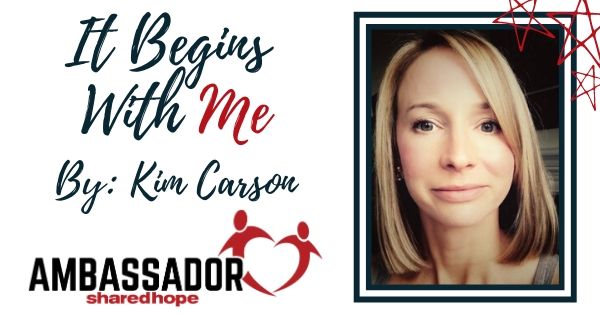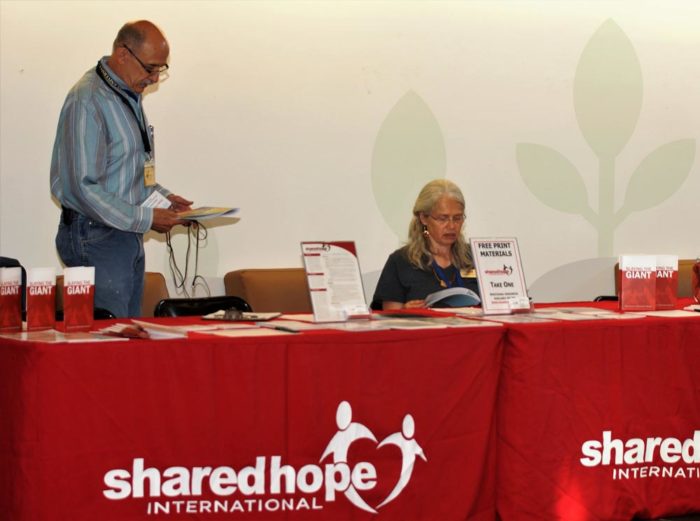On March 24, 2021, Pope Francis appointed Juan Carlos Cruz, a survivor of child sexual abuse, to the Pontifical Commission for the Protection of Minors, which was established in 2015 to formally address the scandal of sex abuse of minors within the Catholic church. Pope Francis is facing perhaps the greatest crisis of his papacy due to the new wave of sexual scandals that have emerged on his watch. The Pope’s appointment of Juan Carlos Cruz is a giant leap for change.
After The Boston Globe‘s 2002 coverage of the child sexual abuse scandal in the Boston archdiocese of the Catholic Church, U.S. bishops felt compelled to formulate a coordinated response. As the breadth and depth of the scandals became apparent in dioceses across the US, the US Conference of Catholic Bishops (USCCB), in June 2002, unanimously approved a Charter for the Protection of Children and Young People (more commonly known as the Dallas Charter) that pledged that the Catholic Church in the U.S. would provide a “safe environment” for all children in Church-sponsored activities1. To accomplish this, the U.S. bishops made a commitment to developing uniform procedures for handling sex-abuse allegations against lay teachers in Catholic schools, parish staff members, coaches, and other staff and volunteers who represent the Church to young people1.
Pope Francis’ commitment to protecting children is evident in appointing Juan Carlos Cruz, elevating his voice as a survivor, lived-experience expert and member of the LGBTQ+ community. In a tweet, Juan Carlos Cruz stated, “I am very grateful to Pope Francis for trusting me with this appointment. I deeply appreciate it. This renews my commitment to continue working to end the scourge of abuse and for so many survivors who still do not have justice2.” As we know within this movement, as quoted by the DOJ Office to Monitor and Combat Trafficking in Persons, “the survivor voice is vital in establishing effective anti-trafficking strategies that address prosecution, protection and prevention3.”
While these cases of child sexual abuse are not necessarily considered commercial sexual exploitation of youth (CSEY), evidence shows that child sexual abuse can lead to exploitation in adolescence and adulthood. According to the CDC, “females exposed to child sexual abuse are at a 2-13 times increased risk of sexual victimization in adulthood4.” The adverse childhood experience can also result in depression, posttraumatic stress disorder (PTSD), and substance abuse, among others4.
There is evidence the U.S. Catholic church has cut down on the level of sex abuse since the Dallas Charter was implemented. According to Georgetown University’s Center for Applied Research in the Apostolate — an authoritative source for statistics on Catholicism in the U.S. — there have been fewer than 300 allegations of clerical sex abuse of minors occurring since 2005 until 2020, compared with more than 11,500 allegations of abuse occurring in the 1970s and 1980s (2018)2. However, victims and victim advocates claim more must be done to reduce the number of cases and to make offenders accountable for their crimes.
We commend Pope Francis for appointing survivor leader, Juan Carlos Cruz, to this vital role in the fight to protect children and youth from sexual abuse and further exploitation.
Retrieved from:
- https://www.bishop-accountability.org/resources/resource-files/churchdocs/DallasCharter.pdf on April 6, 2021.
- https://twitter.com/jccruzchellew/status/1374694379449880581
- https://www.state.gov/wp-content/uploads/2019/02/Engaging-Survivors-of-Human-Trafficking.pdf
- https://www.cdc.gov/violenceprevention/childabuseandneglect/childsexualabuse.html
——
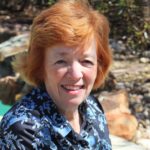 Dr. Kim Robinson taught at Midwestern State University for several years including in the Study Abroad Program in London, England for 5 summers. While working in a private psychiatric hospital, she worked on a military unit and specialized in PTSD. She then worked for all 4 branches of the military until May of 2019. She currently is a “train the trainer” and consultant for the Catholic Diocese of Fort Worth for Child Sexual Abuse and Sex Trafficking. She has served as an ambassador for Shared Hope International for a year. She is now working for Ranch Hands Rescue, (RHR) a sanctuary for abused and neglected humans and animals, and where animal-assisted therapy is used when appropriate. RHR will open the first safe house for male victims of sex trafficking between the ages of 18 and 24 in May 2021.
Dr. Kim Robinson taught at Midwestern State University for several years including in the Study Abroad Program in London, England for 5 summers. While working in a private psychiatric hospital, she worked on a military unit and specialized in PTSD. She then worked for all 4 branches of the military until May of 2019. She currently is a “train the trainer” and consultant for the Catholic Diocese of Fort Worth for Child Sexual Abuse and Sex Trafficking. She has served as an ambassador for Shared Hope International for a year. She is now working for Ranch Hands Rescue, (RHR) a sanctuary for abused and neglected humans and animals, and where animal-assisted therapy is used when appropriate. RHR will open the first safe house for male victims of sex trafficking between the ages of 18 and 24 in May 2021.
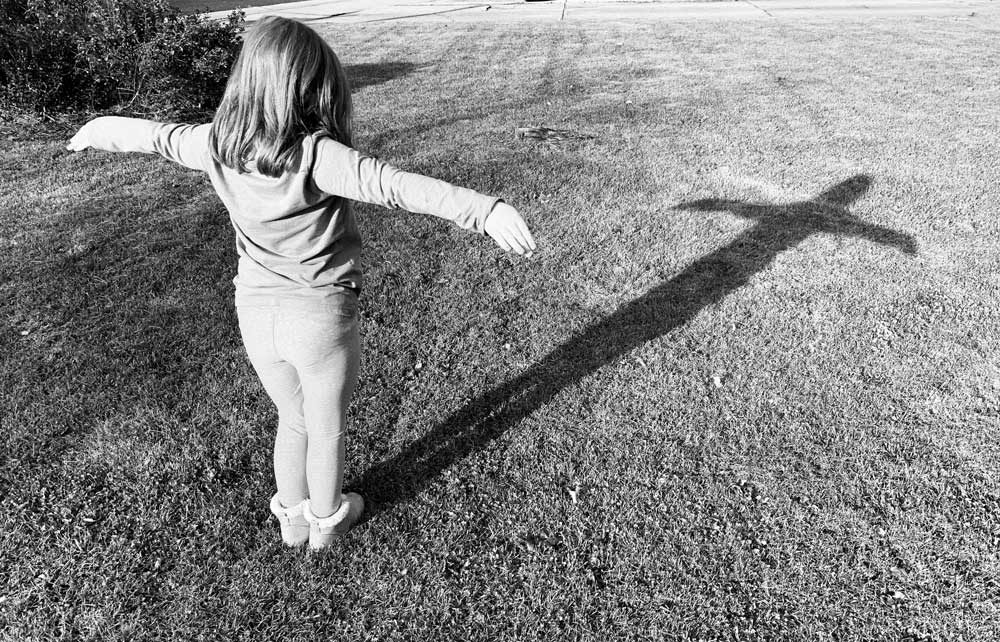
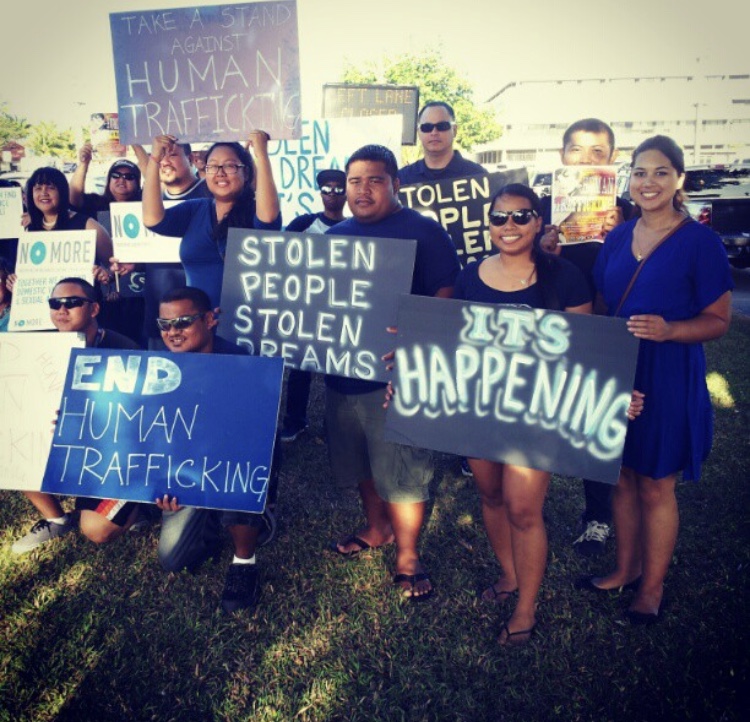 After hearing about the first known human trafficking case on Guam, I felt called to do something. I empowered others to spread awareness, volunteered as a victim advocate, and started a fund for survivors. I stood alongside students, local leaders, and members of the community at main intersections in Guam with a message saying, “It’s Happening”. This prompted people to ask what was happening and we would proceed to explain that human trafficking exists. We worked tirelessly to meet with local Rotary Clubs and Politicians to discuss the myths that often surround human trafficking, how to support survivors, and resources to educate others. I volunteered to assist the US Attorney of Guam and the local Human Trafficking Task Force. It was during our trip to Palau where I first met former Congresswoman and founder of Shared Hope International, Linda Smith. I was amazed at the work she was doing globally and continue to support her efforts to this day. As a soldier, I was able to help establish a Human Trafficking Task Force outside of Fort Detrick, Maryland. Throughout my career as a soldier, I coordinated training for hundreds of military personnel on the impact and signs of sex trafficking.
After hearing about the first known human trafficking case on Guam, I felt called to do something. I empowered others to spread awareness, volunteered as a victim advocate, and started a fund for survivors. I stood alongside students, local leaders, and members of the community at main intersections in Guam with a message saying, “It’s Happening”. This prompted people to ask what was happening and we would proceed to explain that human trafficking exists. We worked tirelessly to meet with local Rotary Clubs and Politicians to discuss the myths that often surround human trafficking, how to support survivors, and resources to educate others. I volunteered to assist the US Attorney of Guam and the local Human Trafficking Task Force. It was during our trip to Palau where I first met former Congresswoman and founder of Shared Hope International, Linda Smith. I was amazed at the work she was doing globally and continue to support her efforts to this day. As a soldier, I was able to help establish a Human Trafficking Task Force outside of Fort Detrick, Maryland. Throughout my career as a soldier, I coordinated training for hundreds of military personnel on the impact and signs of sex trafficking.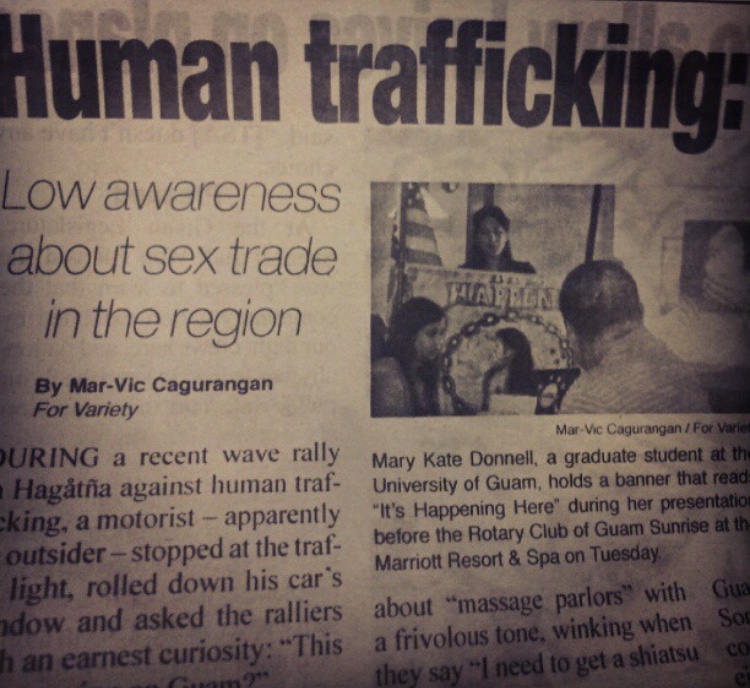 What if you had the resources to conduct training with those in your local community? If you are in the military, will you take the opportunity to train other servicemembers about human trafficking? Many of us lead busy lives, but there is a way to support and get involved in the fight against human trafficking. As a volunteer Ambassador of Shared Hope International, I provide knowledge and training to other servicemembers and my community. I am just one person but imagine how much more we could accomplish if we all answered the call to stop the demand of sex trafficking. While I was deployed, I had the privilege of providing awareness about human trafficking to fellow servicemembers and the host nation. Having a conversation is a great start in prevention and it could make all the difference to someone. This is not a fight just for those wearing the uniform, but a call to serve for everyone around the world.
What if you had the resources to conduct training with those in your local community? If you are in the military, will you take the opportunity to train other servicemembers about human trafficking? Many of us lead busy lives, but there is a way to support and get involved in the fight against human trafficking. As a volunteer Ambassador of Shared Hope International, I provide knowledge and training to other servicemembers and my community. I am just one person but imagine how much more we could accomplish if we all answered the call to stop the demand of sex trafficking. While I was deployed, I had the privilege of providing awareness about human trafficking to fellow servicemembers and the host nation. Having a conversation is a great start in prevention and it could make all the difference to someone. This is not a fight just for those wearing the uniform, but a call to serve for everyone around the world.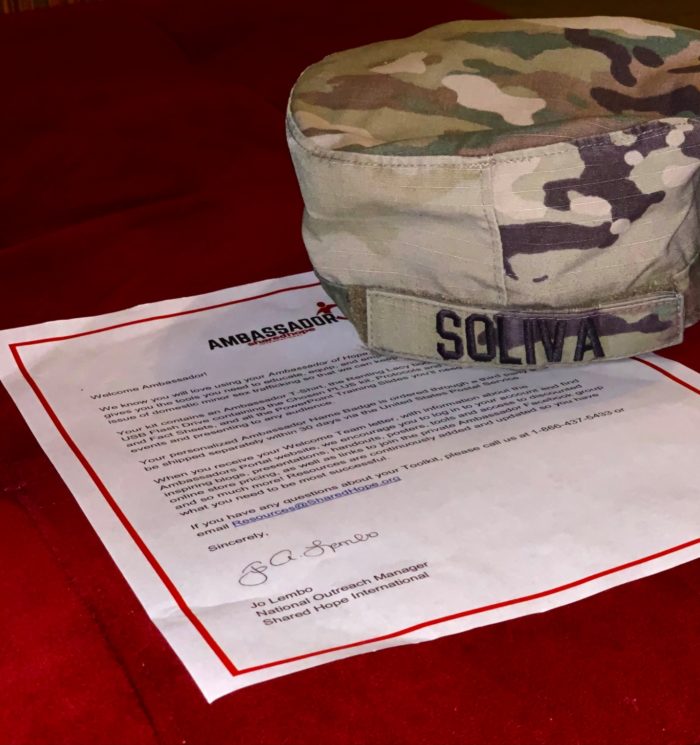 Things you can do right now:
Things you can do right now: